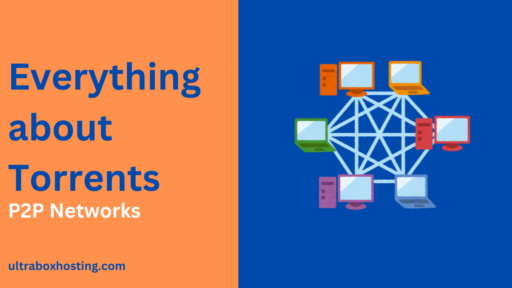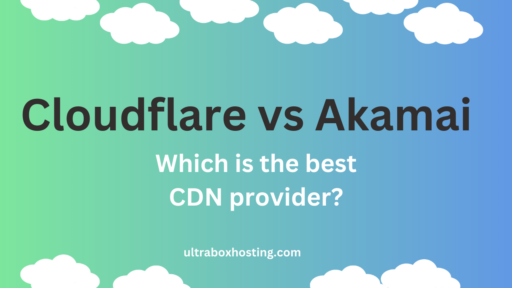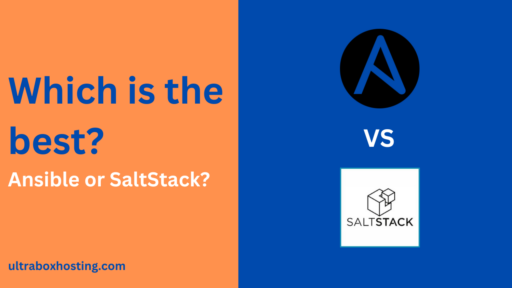Domain Name System (DNS) services are crucial for the speed and security of browsing the internet. They translate human-readable domain names into IP addresses that computers use to identify each other on the network. With several prominent DNS providers available, choosing the right one can significantly impact your internet experience. In this blog I will compare three popular DNS services: Google DNS, Cloudflare DNS, and Adguard DNS, exploring their features, benefits, installation processes, and their limitations.
Table of Contents
Understanding DNS and Its Importance
DNS acts like the phonebook of the internet, allowing users to access websites using domain names rather than complex IP addresses. A good DNS service not only speeds up the browsing experience but also enhances security by preventing DNS spoofing and other types of attacks.
Google DNS
Overview
Launched in December 2009, Google DNS aims to make the web faster and more secure. Google Public DNS is known for its speed, reliability, and security features.
Installation
To use Google DNS, configure your device’s network settings to use the DNS servers 8.8.8.8 and 8.8.4.4. Here’s how you can set it up on a Windows 10 machine:
- Open Control Panel and go to Network and Internet > Network and Sharing Center > Change adapter settings.
- Right-click your active network connection, then click Properties.
- Select Internet Protocol Version 4 (TCP/IPv4), then click Properties.
- Click Use the following DNS server addresses, replace the existing addresses with 8.8.8.8 and 8.8.4.4, then click OK.
Features and Benefits
- Speed: One of the fastest DNS services worldwide.
- Security: Offers DNS-over-HTTPS (DoH) and DNS-over-TLS (DoT) for enhanced security.
- Reliability: Extensive network of servers ensuring minimal downtime.
Limitations
- Privacy Concerns: Being a Google product, some users might be concerned about privacy regarding data handling and tracking.
Cloudflare DNS
Overview
Cloudflare launched its DNS service in April 2018, focusing on privacy and speed. It is known for its commitment not to log IP addresses and to wipe all logs within 24 hours.
Installation
To use Cloudflare DNS, set your DNS to 1.1.1.1 and 1.0.0.1. For macOS:
- Open System Preferences and go to Network.
- Select the network service you use from the list (e.g., Ethernet or Wi-Fi) and click Advanced.
- Go to the DNS tab, click the + icon at the bottom left, and add 1.1.1.1 and 1.0.0.1 as DNS servers, then click OK.
Features and Benefits
- Privacy: Strong privacy controls with a promise of no logging and wiping all DNS queries within 24 hours.
- Performance: Often cited as the fastest DNS resolver in the world.
- Security: Provides DNS-over-HTTPS and DNS-over-TLS.
Limitations
- Limited Filtering Options: Unlike other DNS services, Cloudflare focuses on speed and privacy and does not offer additional filtering options such as blocking ads or protecting against malware.
Adguard DNS
Overview
Adguard DNS is a relatively new player that focuses on blocking ads, trackers, and phishing sites. It provides a cleaner, faster, and safer browsing experience.
Installation
To set up Adguard DNS, configure your device to use 176.103.130.130 and 176.103.130.131 as DNS servers. For Android:
- Go to Settings > Network & internet > Advanced > Private DNS.
- Select Private DNS provider hostname.
- Enter
dns.adguard.comand save.
Features and Benefits
- Ad Blocking: Automatically blocks ads, saving data and speeding up browsing.
- Anti-Tracking: Enhances privacy by blocking trackers.
- Family Protection: Offers a family protection mode that blocks access to inappropriate content.
Limitations
- Speed: Might be slightly slower than Google or Cloudflare due to additional processing needed for filtering content.
Conclusion
Choosing the right DNS provider is crucial for enhancing your internet experience, securing your online activities, and ensuring fast and reliable access to websites. In this comparison, we explored three major DNS providers: Google DNS, Cloudflare DNS, and AdGuard DNS. Each has its unique strengths and potential drawbacks.
Google DNS is renowned for its stability and speed, making it a reliable choice for users who prioritize consistent performance. However, concerns about privacy may deter users who prefer not to share their data with a corporation that primarily earns through advertising.
Cloudflare DNS focuses on privacy and speed, committing to never logging IP addresses and purging all logs within 24 hours. Its partnership with APNIC and the promise to enhance overall internet privacy and security make it an attractive option for users who are security conscious. Additionally, Cloudflare offers WARP, which further helps to secure and optimize internet traffic on mobile devices.
AdGuard DNS, on the other hand, is tailored for users looking to block ads, trackers, and phishing sites directly through their DNS service. It offers both free and paid versions, with the paid version providing more comprehensive filtering and customization options. This makes AdGuard an excellent choice for families or individuals looking to enhance their internet safety and reduce unwanted content without installing additional software.
In conclusion, the best DNS service depends on your specific needs:
- For enhanced privacy and speed: Cloudflare DNS is a robust choice.
- For reliable performance with established technology: Google DNS may be the best bet.
- For ad-blocking and security against trackers: AdGuard DNS stands out.
Ultimately, each service offers distinct benefits, and your choice will depend on what aspects of a DNS provider are most important to you—whether it’s speed, privacy, filtering capabilities, or a balance of these elements. Experimenting with different DNS services can be worthwhile to directly experience how they affect your internet connectivity and security.




